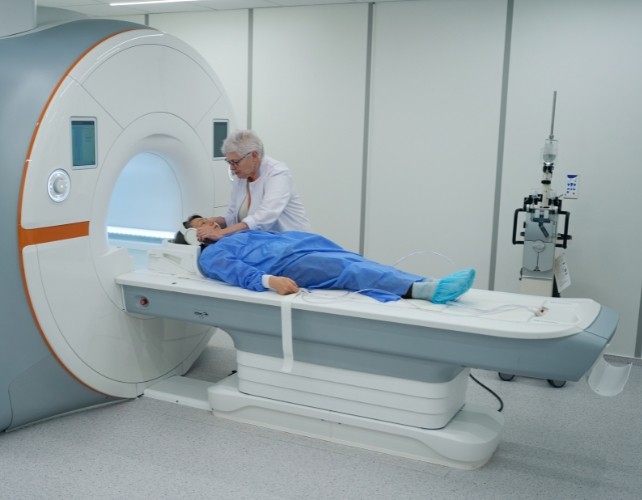Forecasting the Unthinkable: AI that predicts 1,000+ diseases years in advance
A team of scientists says they have trained an AI model that can forecast medical diagnoses years in advance, using transformer technology behind ChatGPT. Delphi-2M AI “predicts the rates of more than 1,000 diseases” years into the future. The work, published in Nature, comes from researchers across Britain, Denmark, Germany and Switzerland and builds on data from Britain’s UK Biobank—a large biomedical database with details on about half a million participants.

In This Article:
A health grammar: How Delphi-2M reads your medical history
Delphi-2M reads a patient’s case history to learn when diagnoses tend to occur. Moritz Gerstung likens the idea to learning a language: “a bit like learning the grammar in a text.” He says the model “learns the patterns in healthcare data, preceding diagnoses, in which combinations they occur and in which succession,” enabling “very meaningful and health-relevant predictions.” The team’s charts suggest the AI could single out people at far higher or lower risk of heart attack than age and other factors would predict.

Proof, limits, and caution: validation vs. clinical use
The researchers verified Delphi-2M’s performance by testing it against data from almost two million people in Denmark’s public health database. Yet they stress the tool needs more testing and is not yet ready for clinical use. Health technology researcher Peter Bannister, a fellow at Britain’s Institution of Engineering and Technology, commented: “This is still a long way from improved healthcare as the authors acknowledge that both (British and Danish) datasets are biased in terms of age, ethnicity and current healthcare outcomes.”

What could this mean for care—and where do we draw the line?
In the future, Delphi-2M could guide monitoring and possibly earlier clinical interventions for a preventative type of medicine. On a larger scale, such tools could help optimize resources across a stretched healthcare system, European Molecular Biology Laboratory co-author Tom Fitzgerald said. Doctors in many countries already use computer tools to predict disease risk, such as the QRISK3 program; Delphi-2M, by contrast, “can do all diseases at once and over a long time period,” said co-author Ewan Birney. King’s College London AI expert Gustavo Sudre called the research “a significant step towards scalable, interpretable and – most importantly – ethically responsible predictive modelling.” Interpretable or explainable AI remains a top goal, as the full inner workings of many large models are still mysterious even to their creators.


